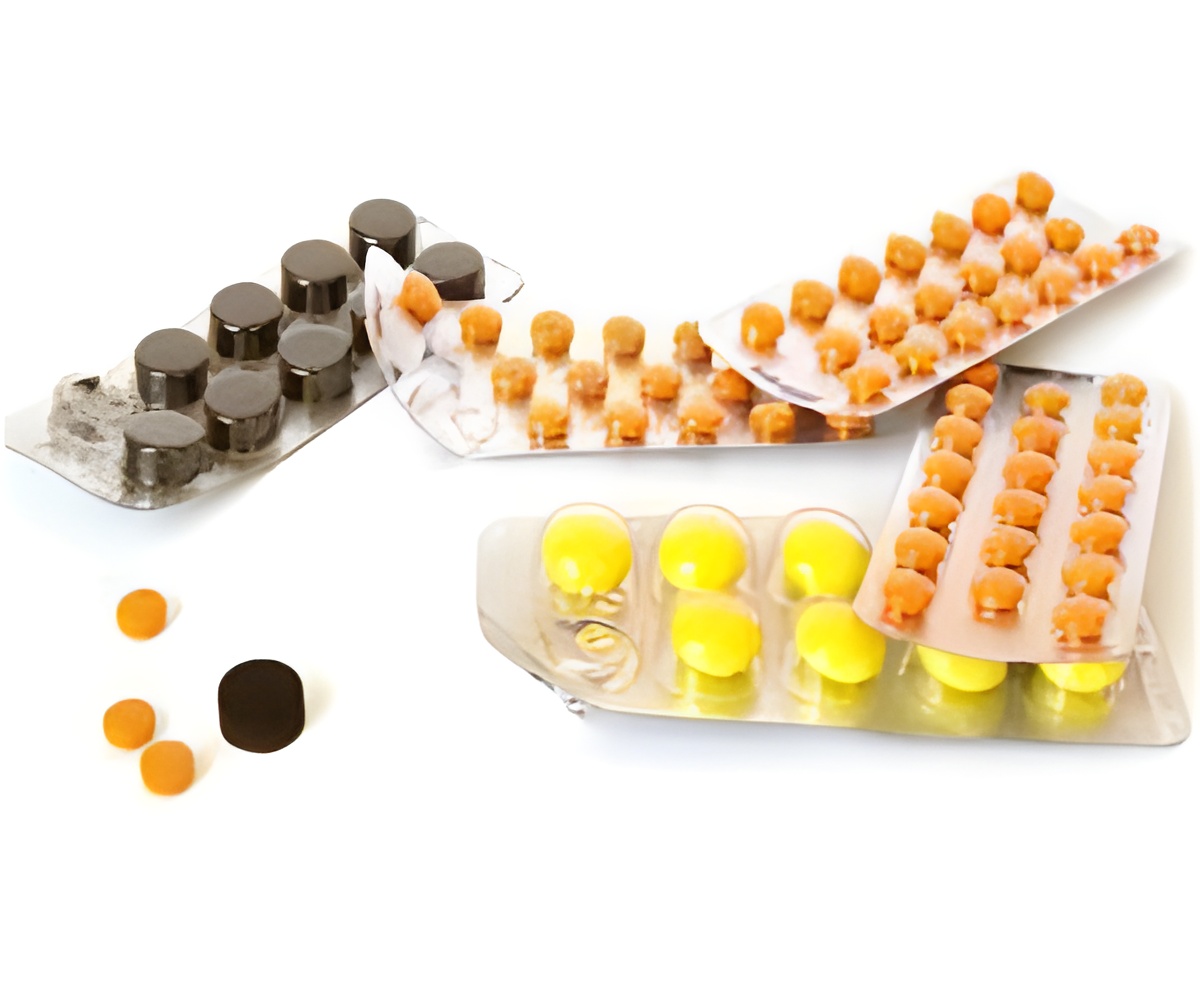One month after generic versions of blood pressure meds became available in Canada, hospitalization due to adverse events on the rise, says study.

‘Research team says that although generics are equivalent to their branded counterparts, physicians and patients need to keep in mind that they may not have exactly the same effect.
’





• Before generic versions were commercialized, the average proportion of adverse events was 10 percent. • The month when generics were commercialized, the rates of adverse events ranged from 8 percent to 14 percent for patients using generics, depending on the type of drug.
• The increase was 8 percent for losartan, 11.7 percent for valsartan and 14 percent for candesartan, and the rates for losartan remained consistently higher for the study year.
"Because most users of a brand-name drug are switched to generic versions within two or three years after it becomes available, the observed increase in adverse events could reflect an acute response to equivalent, but not identical, generic drugs for newly switched patients," said Paul Poirier M.D., Ph.D., FAHA, study author and professor of pharmacy at Laval University in Quebec City.
The immediate increase of adverse events in these three generic drugs could, hypothetically, be explained by differences between drugs. "In our study, patients could have been substituted to a generic version that is pharmacokinetically 6 to 21 percent different from the brand-name version that was used," Poirer said. "The results must be interpreted cautiously because studies like this assessing adverse events over a fixed time period, combined with differences between patients, make drawing firm conclusions difficult. Also, because the findings were based on medical claims data, there may be inaccuracies."
Advertisement
"Although generic drugs are generally considered to be equivalent, patients and their physicians should be aware that they may not have exactly the same effect as their brand-name counterparts, especially during the first month as patients transition to the new medicine," Poirier said.
Advertisement
Source-Eurekalert










